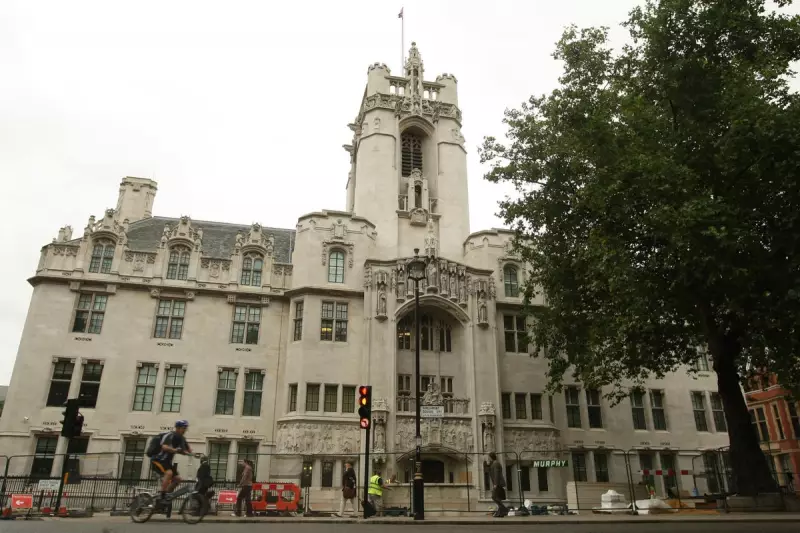
The UK Supreme Court has delivered a decisive ruling, rejecting an appeal that sought to overturn a ban on claimants recovering success fees from defendants in personal injury cases. This decision reinforces a pivotal change in how legal costs are managed, particularly in no-win, no-fee agreements.
Background of the Case
The case centred on whether claimants could continue to recover success fees from defendants under conditional fee agreements (CFAs). These fees, often substantial, were previously passed on to the losing party, but reforms in 2013 shifted this burden to the claimants themselves.
Supreme Court's Stance
In a unanimous judgment, the court upheld the Court of Appeal's decision, stating that the 2013 reforms were clear in their intent to transfer the financial responsibility to claimants. Lord Reed, delivering the ruling, emphasised that Parliament's objective was to reduce the costs burden on defendants and discourage frivolous claims.
Implications for the Legal Sector
This ruling is expected to have far-reaching consequences:
- Claimants will need to factor success fees into their compensation expectations.
- Law firms may see a decline in no-win, no-fee cases as the financial incentive diminishes.
- Defendants, particularly insurers, will benefit from reduced liabilities.
The decision has been welcomed by insurance companies but criticised by claimant lawyers, who argue it restricts access to justice for those with limited means.





